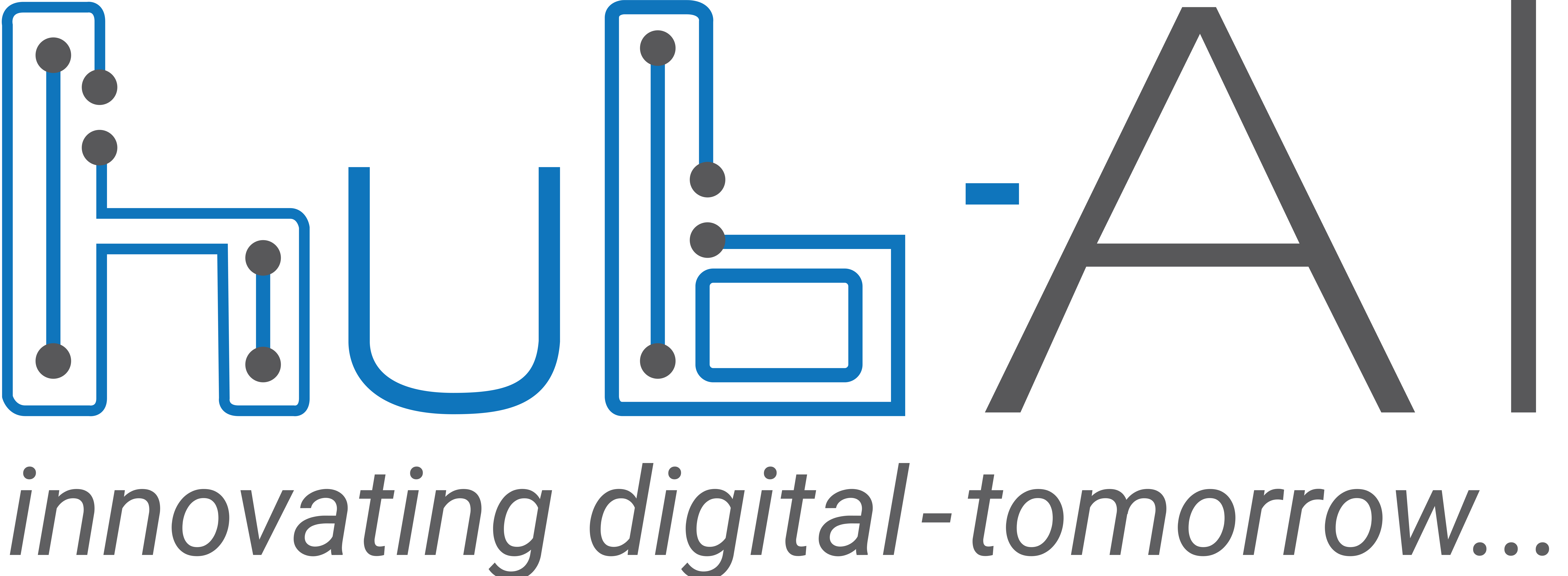Which Software is Used in SAP?
When it comes to Enterprise Resource Planning (ERP) solutions, SAP is one of the most widely used and trusted platforms in the business world. SAP stands for Systems, Applications, and Products in Data Processing, and it offers a comprehensive suite of software applications to streamline and manage various business processes effectively. In this article, we will explore the different software used in SAP and understand their significance in optimizing business operations.
1. SAP S/4HANA
SAP S/4HANA is the latest generation of SAP's ERP system and is designed to run on SAP's in-memory database. It offers real-time data processing and analytics, enabling businesses to make quicker and more informed decisions. The system integrates various modules like finance, sales, procurement, production, and more, providing a holistic view of the business processes.
2. SAP ERP Central Component (ECC)
SAP ECC is the predecessor of SAP S/4HANA and has been a cornerstone of SAP's ERP offerings for many years. Though SAP S/4HANA has largely replaced ECC, many businesses still use ECC for their day-to-day operations. It covers various functional areas, including financial accounting, human resources, materials management, and more.
3. SAP Business One
SAP Business One is a scaled-down version of SAP's ERP solutions specifically designed for small and medium-sized enterprises (SMEs). It provides a cost-effective way for these businesses to manage their operations, including accounting, sales, inventory, and customer relationships.
4. SAP SuccessFactors
SAP SuccessFactors is a cloud-based Human Capital Management (HCM) system that focuses on managing an organization's workforce effectively. It covers various HR processes, including talent acquisition, employee onboarding, performance management, learning, and development.
5. SAP Customer Relationship Management (CRM)
SAP CRM helps businesses manage their interactions with customers and streamline sales processes. It provides tools for marketing, sales, and customer service, enabling businesses to enhance customer satisfaction and loyalty.
6. SAP Supplier Relationship Management (SRM)
SAP SRM is a procurement solution that facilitates the management of supplier relationships and procurement processes. It enables businesses to optimize their sourcing, streamline procurement, and achieve cost savings.
7. SAP Supply Chain Management (SCM)
SAP SCM helps businesses manage their supply chain processes, from planning to execution. It optimizes inventory, distribution, and logistics, ensuring smooth operations and timely deliveries.
8. SAP Business Intelligence (BI)
SAP BI offers powerful tools for data analysis and reporting, allowing businesses to gain valuable insights from their data. It helps in making data-driven decisions and identifying trends and opportunities.
9. SAP Business Warehouse (BW)
SAP BW is a data warehousing solution that consolidates data from different sources within an organization. It provides a unified view of business data, which can be used for reporting and analysis.
10. SAP Enterprise Asset Management (EAM)
SAP EAM is a comprehensive solution for managing an organization's physical assets, such as equipment, machinery, and facilities. It helps in optimizing maintenance processes, reducing downtime, and extending the lifespan of assets.
Conclusion
In conclusion, SAP offers a diverse range of software solutions that cater to the needs of businesses across various industries. Whether it's managing financial processes, optimizing supply chains, or enhancing customer relationships, SAP's software applications play a crucial role in driving efficiency and productivity. By harnessing the power of SAP's software suite, businesses can gain a competitive edge and achieve sustainable growth in today's dynamic market landscape. So, it's no wonder that SAP remains a top choice for organizations worldwide when it comes to ERP and business management software.
